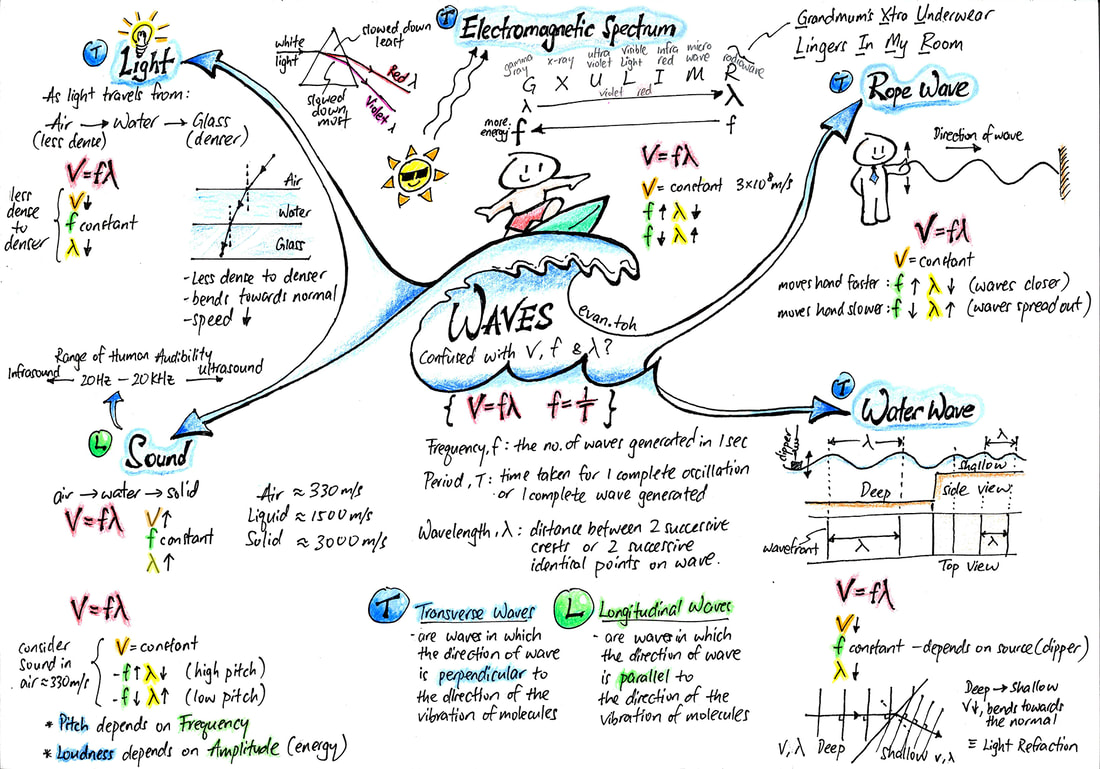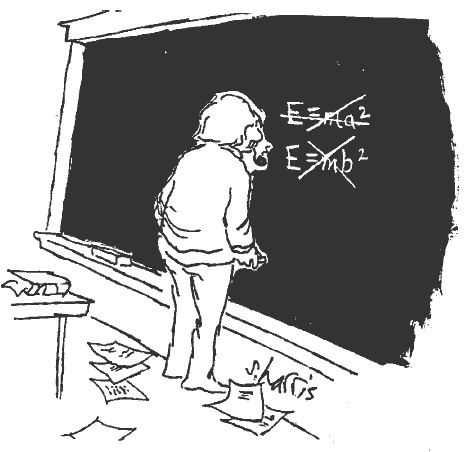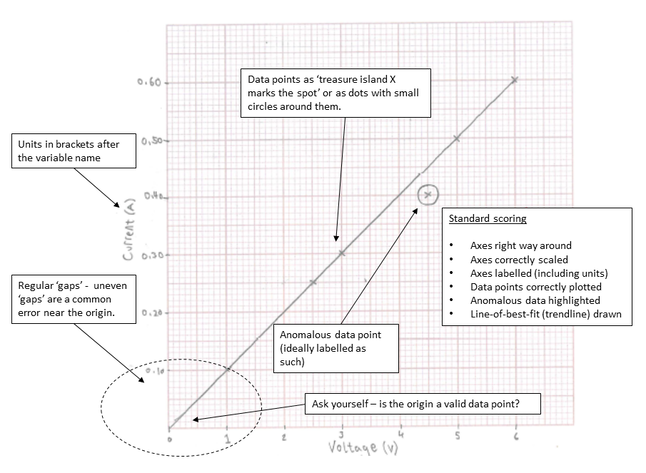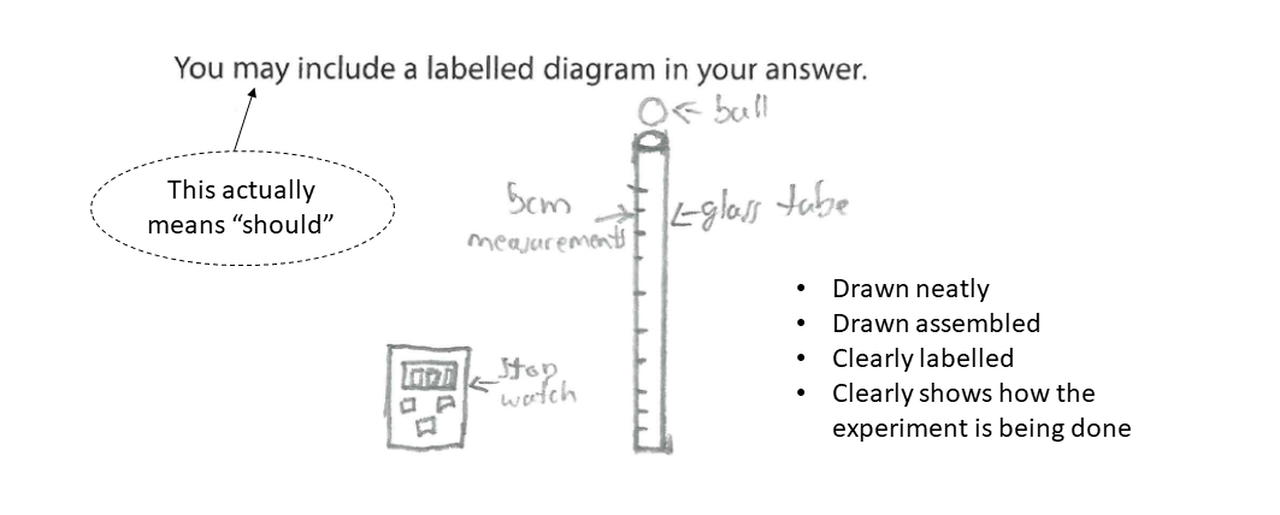The mock exams are almost upon us, well - for the students at least! This seems a good time to outline a number of study tips that have proven successful for students over the years.
1. Pay attention in class.
This is easily the single best thing that you can do to learn and understand concepts and skills. Over the course of a year, semester or the two year long IGCSE you have plenty of opportunities to engage and interact with the subject. Understanding as you go through every topic is key, then revision is just that - recapping and revisiting what you have already understood.
2. Develop an interest.
It is much easier to do well in a subject if you are interested in at least some aspect of it outside of the classroom. By that I mean consider how things work or behave in the real world. Examples can be: thinking about forces and motion while going to school, moments when hiking out on a sailboat or working out in a gym, kinetic theory while watching a pot boiling in the kitchen. Physics is everywhere, and many of the concepts that you will have covered in class relate to things in your life.
3. Read around the topics.
Ideally this is done during the course. For example, if you have been studying magnetic fields in class, get online or pick up a physics book and read about things related to magnetism. Extend your knowledge (and try to catch out your teacher in the next lesson?)
4. Concept maps or diagrams.
These tend to be more useful in science than simplistic 'linear' notes. My personal preference is to scrawl these on big sheets of paper (11" x 17" or A3) so I have plenty of space to scrawl and write stuff. I did multiple versions of these and pinned them up around my room while studying for the notoriously difficult atmospheric physics exam at university - it got me through! The reason that they work well is because science is a very visual subject - diagrams can really aid understanding. A well-drawn diagram or sequence of diagrams is much easier to understand than a load of text or equations. Remember that diagrams need labels. Try to divide the 'map' into sections. The undisputed artistic master of the physics concept map is a teacher in Singapore called Evan Toh - his blog is great for inspiration, and I really envy his drawing skills! A good example of one of his revision diagrams is shown below.
1. Pay attention in class.
This is easily the single best thing that you can do to learn and understand concepts and skills. Over the course of a year, semester or the two year long IGCSE you have plenty of opportunities to engage and interact with the subject. Understanding as you go through every topic is key, then revision is just that - recapping and revisiting what you have already understood.
2. Develop an interest.
It is much easier to do well in a subject if you are interested in at least some aspect of it outside of the classroom. By that I mean consider how things work or behave in the real world. Examples can be: thinking about forces and motion while going to school, moments when hiking out on a sailboat or working out in a gym, kinetic theory while watching a pot boiling in the kitchen. Physics is everywhere, and many of the concepts that you will have covered in class relate to things in your life.
3. Read around the topics.
Ideally this is done during the course. For example, if you have been studying magnetic fields in class, get online or pick up a physics book and read about things related to magnetism. Extend your knowledge (and try to catch out your teacher in the next lesson?)
4. Concept maps or diagrams.
These tend to be more useful in science than simplistic 'linear' notes. My personal preference is to scrawl these on big sheets of paper (11" x 17" or A3) so I have plenty of space to scrawl and write stuff. I did multiple versions of these and pinned them up around my room while studying for the notoriously difficult atmospheric physics exam at university - it got me through! The reason that they work well is because science is a very visual subject - diagrams can really aid understanding. A well-drawn diagram or sequence of diagrams is much easier to understand than a load of text or equations. Remember that diagrams need labels. Try to divide the 'map' into sections. The undisputed artistic master of the physics concept map is a teacher in Singapore called Evan Toh - his blog is great for inspiration, and I really envy his drawing skills! A good example of one of his revision diagrams is shown below.
5. Flash cards for equations.
A lot of students use these as one of the brute force methods of learning equations. It can be effective, but only if you make your own flash cards.
6. Past Papers or Practice Questions.
These are the old-school staple of the final few weeks of studying for any subject. They are an invaluable aid to understanding what the examiner is asking for and how to answer questions. The IGCSE ones in particular cover a wide range of topics in every exam. Working through them also helps to reduce the inevitable exam stress as you become comfortable with the pacing and format of the questions. The hard part is that they can get a bit boring after a while. Don't feel that you have to restrict yourself to just the one exam board - for example, at IGCSE level, tackle some of the papers from Edexcel and Cambridge for variety. After all, the physics is the same!
Finally - the basic rule that I always tell students is that 'if you are not writing, calculating or drawing something, you not studying!' Studying is hard work. If you have studied effectively, then no matter how the exam goes, you will have done the best that you could have done and will have a clean conscience!
A lot of students use these as one of the brute force methods of learning equations. It can be effective, but only if you make your own flash cards.
6. Past Papers or Practice Questions.
These are the old-school staple of the final few weeks of studying for any subject. They are an invaluable aid to understanding what the examiner is asking for and how to answer questions. The IGCSE ones in particular cover a wide range of topics in every exam. Working through them also helps to reduce the inevitable exam stress as you become comfortable with the pacing and format of the questions. The hard part is that they can get a bit boring after a while. Don't feel that you have to restrict yourself to just the one exam board - for example, at IGCSE level, tackle some of the papers from Edexcel and Cambridge for variety. After all, the physics is the same!
Finally - the basic rule that I always tell students is that 'if you are not writing, calculating or drawing something, you not studying!' Studying is hard work. If you have studied effectively, then no matter how the exam goes, you will have done the best that you could have done and will have a clean conscience!





 RSS Feed
RSS Feed